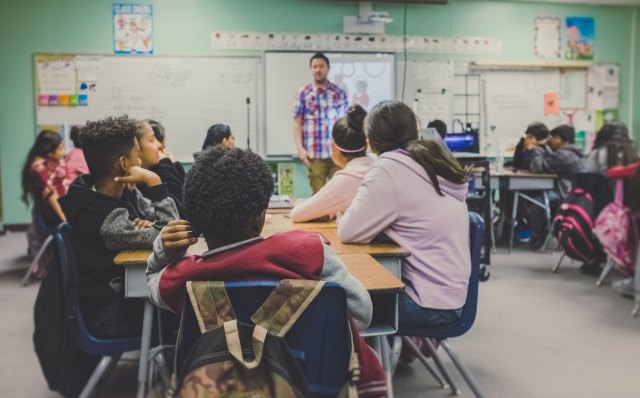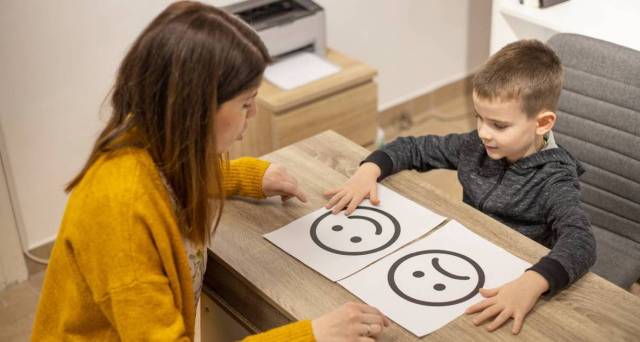If there’s one good thing that’s come out of the pandemic, it’s an increasing awareness of the importance of our children’s mental health. After the last few years of endlessly stressful school days, a new poll is shedding light on parents’ sentiments about mental health education and mental health days for students.
Conducted by Ipsos on behalf of the National Alliance on Mental Illness (NAMI), the poll sampled 1,010 U.S. parents with children ages zero to 17 years. In all, 87% of respondents support mental health education in schools, and 70% support mental health days for students. Another 89% of parents polled say their child’s mental health matters more than their academic achievement and 35% think more about their child’s mental health than pre-pandemic.

“Despite parents’ confidence in their ability to recognize the signs of mental health conditions in their children, there is a worrying gap between those who have concerns and those who actually look for help,” said NAMI CEO Daniel H. Gillison, Jr. This is in response to the 44% of respondents who stated they were concerned about their child’s mental health, compared to the mere 16% who actually looked for help.
Most parents didn’t report huge changes in their kids’ behaviors since the start of the pandemic, but those who did report 16% get less sleep, 37% participate less in school activities, 41% spend more time on screens and 25% play or exercise less. They also report that their kids are feeling more anxious, irritated, sad, unable to concentrate, less interested in social activities and out of control.
Overall, the poll revealed huge support for mental health initiatives and the need to take mental health seriously. For more resources that include finding mental health care for your child, what to do if your child is in crisis, how to handle social media and more, visit nami.org/youth.
RELATED STORIES
Physicians’ Task Force Says It’s Time to Screen All Kids for Anxiety
Kids with Insomnia Symptoms More Likely to Be Sleepless Adults, Study Shows
New Study Shows Half of Parents Still Financially Support Their Adult Kids











